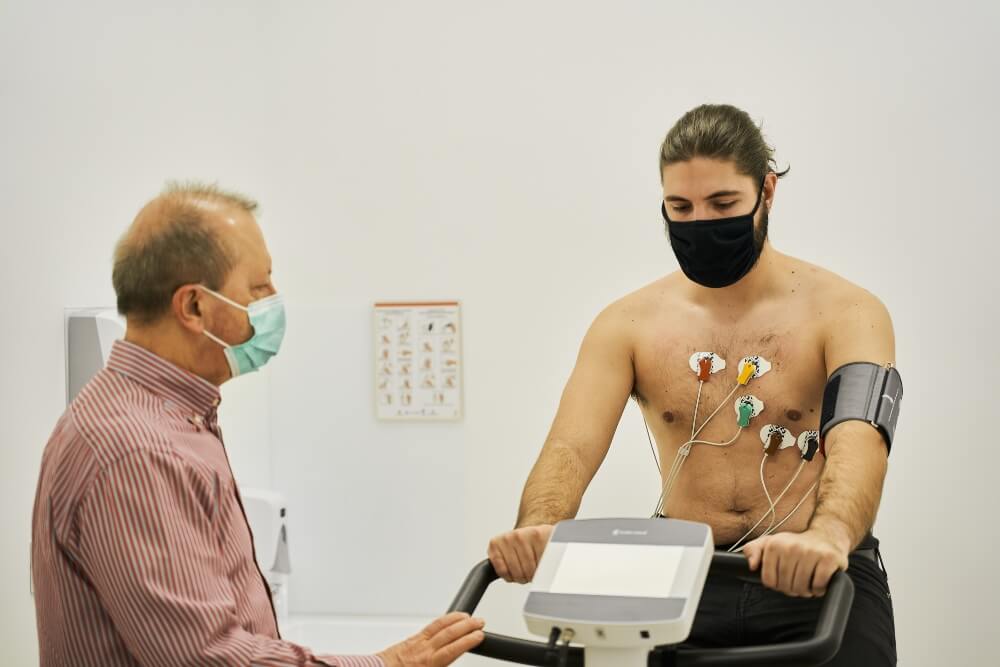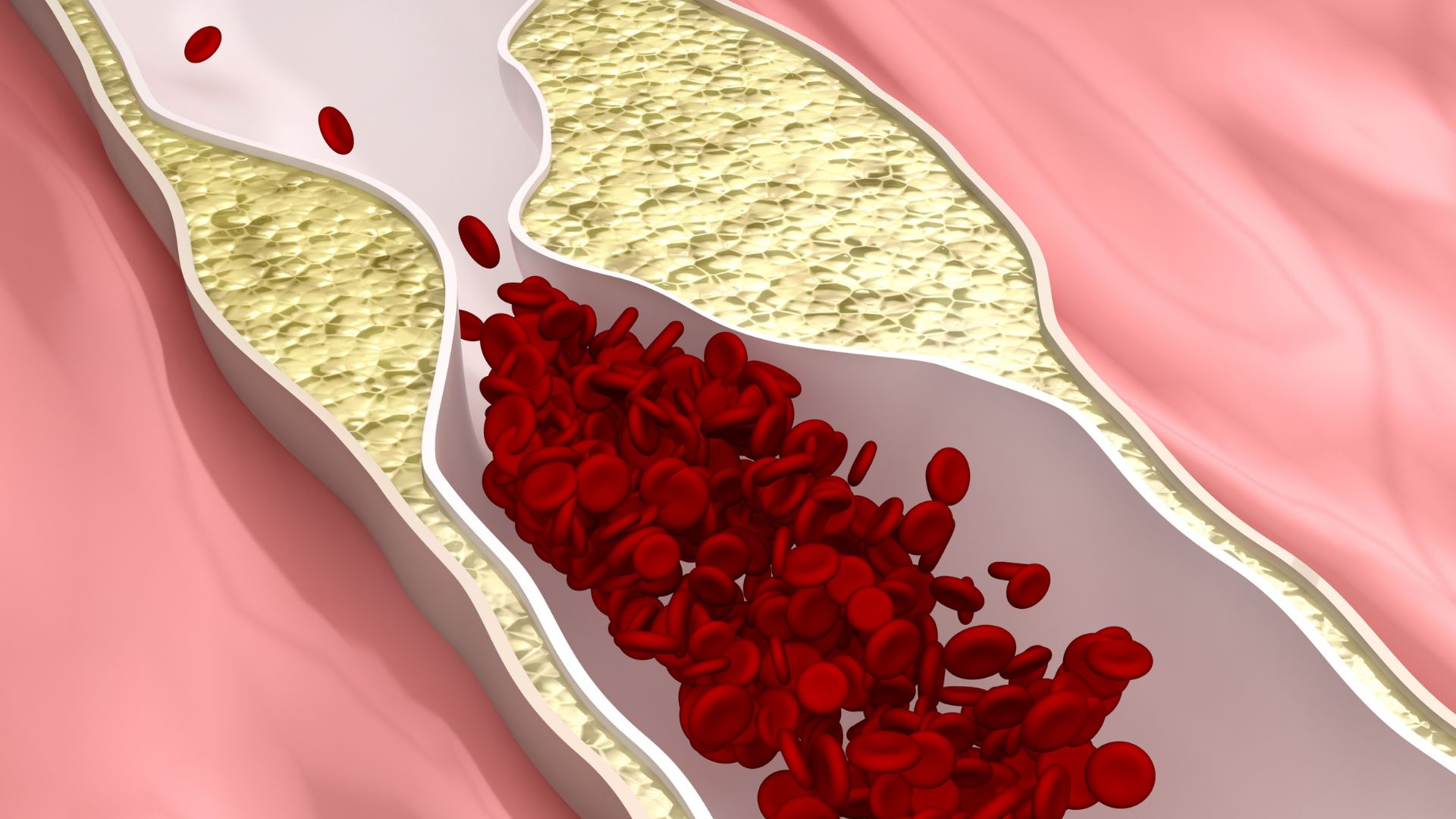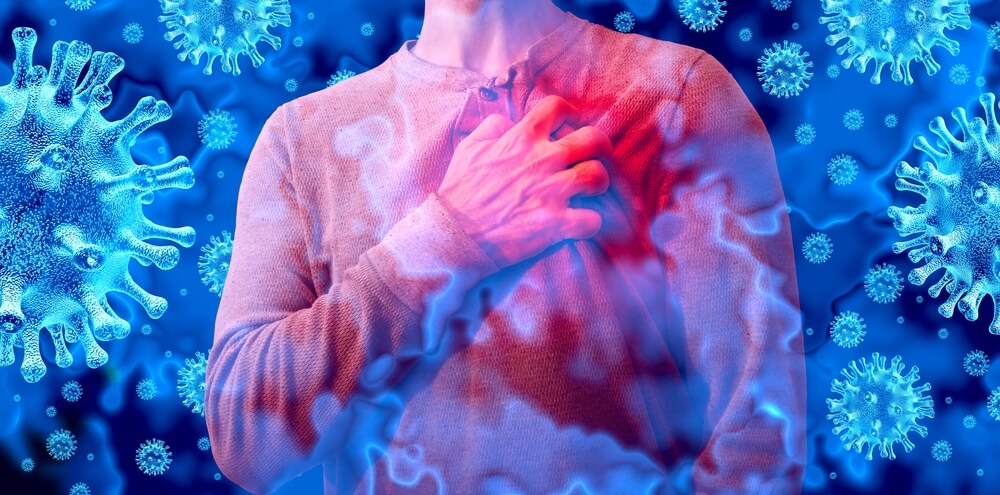Genetic diseases, including those related to the heart, can arise from the mutation of one or more genes. These gene mutations can easily be inherited by a child from their parents. Inherited heart diseases can sometimes be detected very early, shortly after the child’s birth, while in other cases, it may take a long time for the signs that something is wrong to become apparent.
If you notice that several members of your family have similar heart problems, it is essential to share this information with a cardiologist. They will assess your cardiovascular risk and provide further guidance. They may recommend specific tests and suggest changes in habits, if necessary. It is crucial not to overlook the role of genetics in these cases.
The influence of genetics on the cardiovascular system and heart
The influence of genetics on the cardiovascular system and heart has been a topic of interest in scientific circles for a long time. As the number of studies increases, so does the certainty that genetics plays a significant role in increasing the likelihood of developing heart problems at some point in our lives. It is possible for a person to be born with a specific heart anomaly, and it is also possible for a person to carry a gene that increases the chances of developing a cardiovascular disease later in life. Genes determine the characteristics of our blood vessels, their strength, elasticity, and how the cells within the heart communicate, thereby influencing the likelihood of disruption in certain conditions.
Through extensive research, scientists have identified that up to 67 specific locations or variations in the DNA sequence can be responsible for an increased risk of heart attack. Of course, not all individuals will have all 67 variations, but the more variations present, the higher the potential risk of a heart attack. Additionally, lifestyle factors, alongside genetics, contribute to the development of heart problems. Genetics alone is often not the sole culprit but rather in combination with other risk factors, leading to undesired difficulties with the heart and cardiovascular system.
What inherited heart disorders exist?
The list of genetic diseases related to the heart and cardiovascular system is not exhaustive, and ongoing research aims to expand our understanding. However, based on current knowledge, inherited heart diseases can be grouped into three categories:
- Arrhythmia-related disorders
- Cardiomyopathies
- Disorders related to cholesterol metabolism
Cardiac rhythm disorders
Mutations in genes can affect the heart rate, either speeding it up or slowing it down.
The following heart diseases characterized by the occurrence of arrhythmias are considered inherited:
- Long QT syndrome – The distinctive feature of this syndrome is that the heart takes longer to recharge. Even in the absence of symptoms, it can be detected through an electrocardiogram (ECG) by measuring the QT interval. The consequence of this syndrome is arrhythmia, which, if prolonged, can lead to heart damage and death. Fainting is the most common symptom associated with this syndrome. Scientists have identified 12 genes related to this syndrome, but in over 75% of cases, it is caused by mutations in three genes.
- Brugada syndrome – Irregularities in the electrical activity of the heart resulting from this syndrome can also be detected through an EKG. The EKG pattern in Brugada syndrome is specific. There is no specific treatment for this disease, and it is best managed by implanting a cardiac defibrillator, especially when there is a risk of arrhythmias leading to death.
- Catecholaminergic ventricular tachycardia – This disease is more challenging to detect with an ECG, but exercise stress testing provides more reliable results. Problems caused by this tachycardia typically occur during physical exertion and exercise. The heart rate can be dangerously high. It has been discovered that this inherited cardiac problem is associated with a mutation in the ryanodine receptor and calsequestrin genes.
- Progressive cardiac conduction defect – This inherited disease often remains asymptomatic in a significant number of cases. However, if symptoms do occur, they usually include shortness of breath, loss of consciousness, dizziness, chest pain, and sudden death. The onset of the disease varies from person to person.

Cardiomyopathies
Changes in the genetic material can also result in alterations in the heart muscle. There are three types of cardiomyopathies associated with hereditary factors:
- Dilated cardiomyopathy – characterized by significant enlargement of the left ventricle, as well as other chambers, which impairs the heart’s ability to pump blood effectively.
- Hypertrophic cardiomyopathy – characterized by the thickening of the heart muscle, particularly in the area of the left ventricle. This thickening hampers the pumping function of the heart.
- Arrhythmogenic right ventricular cardiomyopathy – this condition occurs when there is replacement of heart tissue in the right ventricle with fibrous or fatty tissue, resulting in disruptions in heart function.
Cardiomyopathy, like many other heart diseases, often exists silently for a long time without presenting any signals, leading individuals to believe they are healthy. It is not uncommon for sudden cardiac death to be the first significant symptom, and if symptoms do occur before that, they may resemble other heart conditions:
- Chest pain
- Fainting
- Sudden fatigue
- Arrhythmia
- Cardiac weakness
- Swelling in the abdomen and lower extremities
Disorders related to cholesterol
Some individuals, regardless of their lifestyle, have high concentrations of cholesterol in their blood, which is most likely due to an inherent problem causing those levels. When your cholesterol is high, especially before the age of 50, it is important to pay close attention to it and consider this tendency for cholesterol accumulation as potentially hereditary.
The heart disorders we have mentioned so far are usually the result of a mutation in a single gene, categorizing them as monogenic conditions. However, for cholesterol-related issues, multiple mutations are responsible. Therefore, coronary diseases that arise from high cholesterol levels have a polygenic basis in the majority of cases.

Diagnosing inherited heart diseases
Genetic testing is not something that will be commonly recommended in the case of inherited heart diseases. Diagnosis mostly relies on procedures commonly used to detect heart problems regardless of their nature. Family history plays the most important role in guiding investigations, so listen to your parents and older family members when they talk about diseases that occur in the family, as some information may be crucial.
If you know that there are heart patients in your family, don’t wait for something to bother you, but go for preventive check-ups! Cholesterol levels can be easily checked by blood tests and appropriate laboratory analyses. Disorders of heart rhythm are detected through electrocardiogram (ECG) examination, and in some cases, stress tests or 24-hour Holter monitoring. Cardiomyopathies can also be detected without much difficulty, but for this purpose, some heart imaging techniques are recommended, such as X-ray, CT scan, ultrasound, magnetic resonance imaging, and sometimes even cardiac catheterization.
If you have inherited a heart problem, don’t despair. Early diagnosis, monitoring, and treatment can enable you to have a long and worry-free life! We will help you discover the condition of your heart and cardiovascular system. Schedule a preventive examination at the Pulse Cardiology Center!





